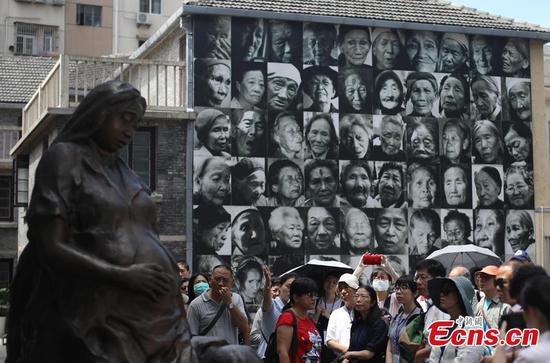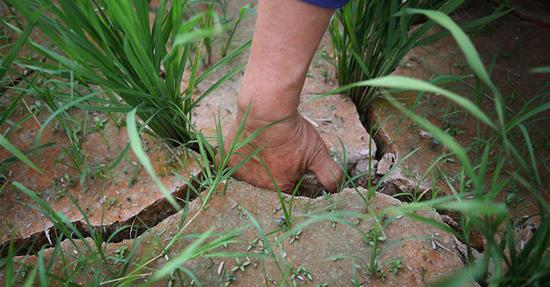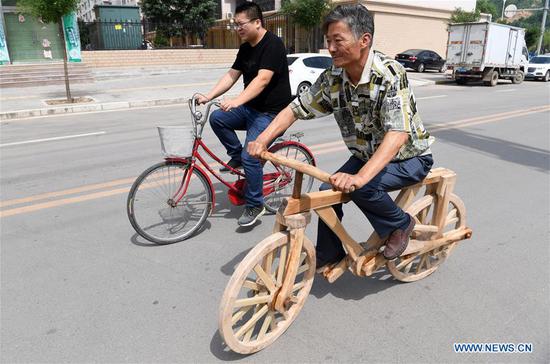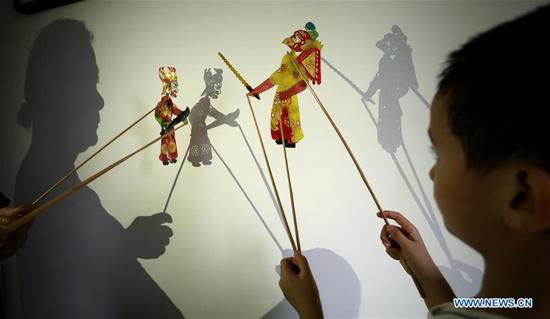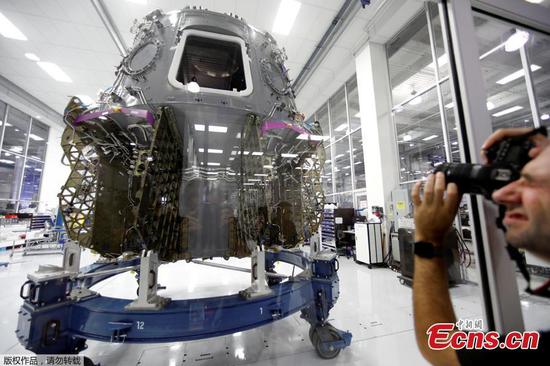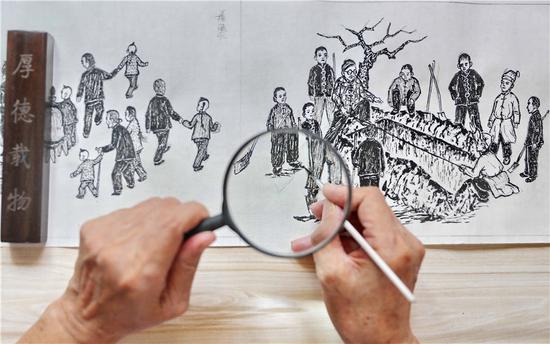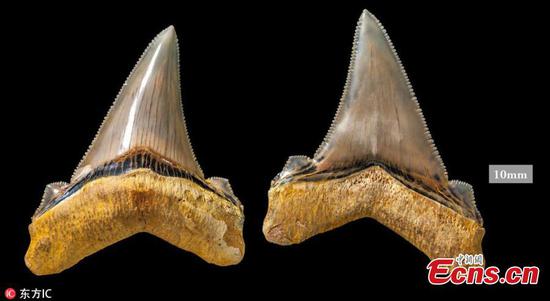In just a few clicks on her smartphone, Jeanalyn Barata paid her electricity, water and internet bills this month through a mobile wallet app called GCash.
Just two years ago, 24-year-old Barata, like most Filipinos, had to go to a bank and line up several times a month to pay her bills.
Banking is now at her fingertips, thanks to the rise of mobile payment technology.
"I used to line up for more than half an hour in the bank to pay a single bill. Now, I can take care of it within seconds on my phone," Barata told Xinhua.
She said the mobile wallet app is also a boon to the local fruit juice company that she runs. As a brand manager, she oversees the operation of the company's 900 stores across the archipelagic country. Now, more than 200 of its stores have installed the GCash system.
"The mobile payment system really helps us a lot. Our employees can focus on making juice instead of stopping to collect money and give change. Customers can simply scan a QR code installed in the counters and transfer the money using their mobile phones," Barata said.
GCash has attracted about 10 million users in the Philippines and the number continues to grow rapidly.
GCash has adopted the cashless payments model of Alipay, China's leading third-party mobile and online payment platform, which is enjoying unprecedented success in China.
Filipinos can now easily embrace the ease, convenience and security when buying goods online.
The Philippine mobile wallet service provider would not have been able to achieve this rapid development without the cooperation of China's e-commerce giant Alibaba, said Anthony Thomas, CEO of the Mynt company which operates GCash.
"Alipay gave us the great economy of skills and technical support. We are benefiting so much from the cooperation with Alibaba," Thomas told Xinhua in a recent interview.
Last February, Ant Financial, a subsidiary of Alibaba, partnered with local Philippine conglomerate Ayala Group to invest in Mynt, a joint venture innovations company and operator of GCash.
As part of the joint venture, Ant Financial sent a technical team to help build a localized service platform, exporting cutting-edge technologies in digital finance and payment services.
Last October, with the technical support of Alipay, GCash launched its first ever QR code payment system - a type of barcode which includes the merchant's information - which spread rapidly this year. Now, GCash's QR code stickers set up in counters can be seen in many malls in Manila.
Mynt CEO Thomas said the new QR-based payments have driven the growth of GCash during the last 10 months.
"It's very important to us because we try to be creative and relevant to people's daily lives. In terms of the uses, it can be anything, from paying bills, transferring money, and of course the launch of QR-based payments," Thomas said.
According to GCash, more than 12,000 local retailers have joined the GCash merchants partners' list and have installed the mobile payments system.
Jefferson Cordero, the operation manager of a local clothing shop, said 30 to 50 customers use GCash to buy clothes in his store every day. "Most of them are young people," he said.
He added GCash is not only convenient but also provides coupons on its platform. "That's why young people love to use it," Jefferson said.
The number of GCash users is expected to double and reach 20 million in the Philippines within one year. And with the number of users growing, cashless and contactless transactions in the Philippines are on the rise as mobile payment becomes more and more popular among Filipinos.
To date, three-quarters of Filipino people do not have a bank account. The growing popularity of GCash is hoped to help the Philippines switch from cash to mobile payment, and eventually skip debit and credit cards.
"Alipay has really helped us in accelerating (mobile payment) in the Philippines," Thomas said. "We envision GCash to really flourish and become a way of life for Filipinos, just like Alipay in China."













